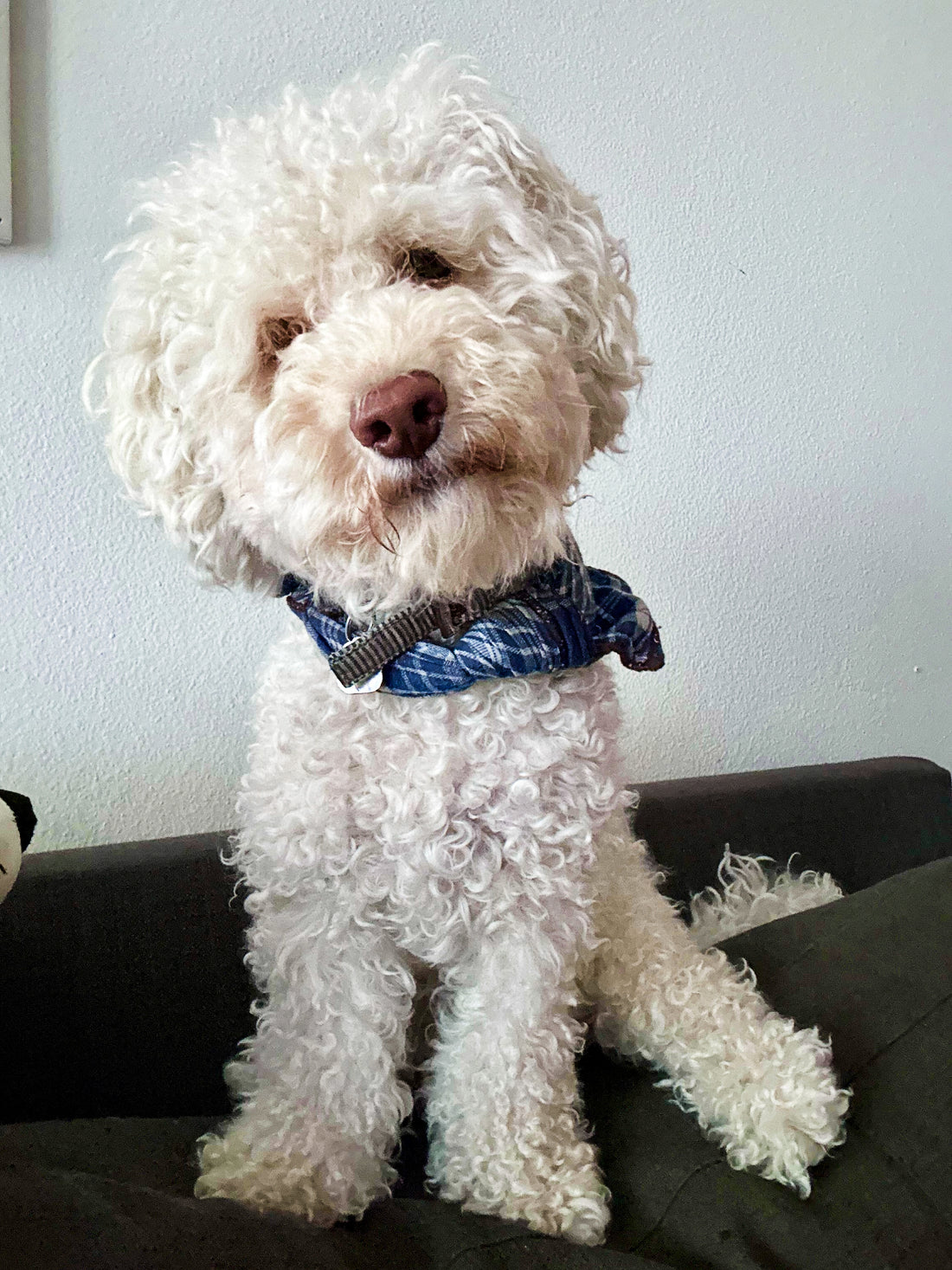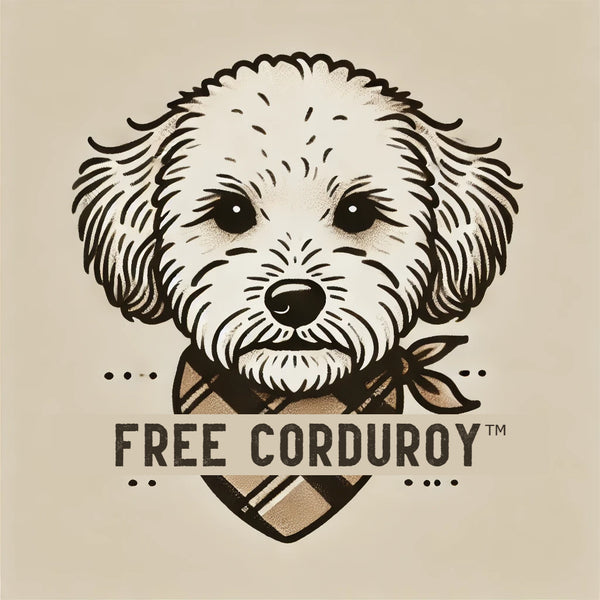
Walking Through Trauma: Accountability for Not Being Accountable
Share
Growing up around aunts and uncles who sometimes battled substance abuse, I became familiar with the rehabilitation and recovery process early on. I saw how transformative it could be, not just for those working to get better but also for the family and loved ones who cared for them. I can’t even recall how young I was when I first learned about trauma recovery and responsibility and the 12 Steps of AA and The Serenity Prayer.
Trauma Recovery and Responsibility
One of the biggest things I learned while supporting Jacob through his recovery and rehabilitation is how complicated accountability can be for people who’ve experienced childhood trauma.
It isn’t just about taking responsibility for your actions; it’s about facing fears that often run deep and show up in frustrating ways, like avoiding uncomfortable conversations or deflecting blame.
The Role of Avoidant Behavior in Trauma
For many who suffer with traumatic feelings like Jacob, the idea of accountability can feel like a threat. If you were raised in an environment where making mistakes had harsh consequences, it’s easy to understand why you’d do anything to avoid that feeling. In adulthood, these patterns turn into habits, like procrastinating, shutting down emotionally, or shifting responsibility onto others.
Jacob never liked to see himself as a victim, and he certainly didn’t come up with his avoidant behavior on purpose. He hadn’t really put in the effort to learn a different way. I grew up understanding that if you mess up, you own it, you apologize, and you try not to make the same mistake again.
From my experience with the recovery process, I knew how critical accountability is. Rehabilitation and recovery are built on the idea that we own our choices and don’t point fingers at others when we mess up. Apologizing and making amends are fundamental and I held Jacob to those standards. It’s hard to trust someone who refuses to acknowledge their mistakes, so Jacob didn't get a pass on being accountable, even when it was tough.
Children don’t have the same mental capacity adults do to understand how actions lead to consequences. We teach kids that lying is wrong and that if they hurt someone, they should apologize. But for many, avoidant behavior becomes a learned response to difficult or unsafe environments. By the time we’re adults, we have more capacity to change those patterns—but it takes real work. Old habits die hard.
For Jacob, avoidance was a coping mechanism he carried into adulthood, even though he knew right from wrong. Therapy and rehab forced him to confront this. 12-step programs taught him to stop shifting blame and be accountable for his actions. He even had to face the times he avoided being accountable, which was a huge—and honestly, transformative—realization. It wasn’t easy for him, but it changed everything.
Corduroy: A Catalyst for Change
A huge turning point in Jacob’s healing journey was actually...a puppy. Enter Corduroy, the adorable, energetic ball of fluff who became Jacob’s emotional support animal. But convincing Jacob to get Corduroy was no small feat.
The idea of having to care for a puppy felt impossibly overwhelming to him. He was terrified of failing, so we worked out a plan: I contributed to Corduroy’s purchase, and we agreed that if caring for her became too much, she could live with me fulltime.
This arrangement gave Jacob the safety net he needed. Suddenly, the responsibility felt manageable because he knew he had an “out” if it became too overwhelming. The first few weeks with Corduroy were dicey and Jacob asked me many times if Corduroy could come live with me, or if he could drop her off with me until she was trained. 😂 Eventually, caring for Corduroy became an anchor for him, a daily practice of showing up even when things were hard, just as I hoped. It wasn't long until Corduroy and Jacob fell madly in love with each other. It was a tangible way for him to practice accountability and trust himself.
What I Learned Supporting Jacob
Watching Jacob transform from someone who avoided responsibility to someone who embraced it taught me so much about healing. Here’s what stood out:
- Accountability isn’t automatic: It’s a skill, especially for trauma survivors. You don’t just snap your fingers and become responsible overnight.
- Creating a safety net can be life-changing: Co-owning Corduroy, gave Jacob the "out" he needed making it easier for him to step into responsibility. It’s okay to need that at first.
- Healing is about small, consistent steps: Caring for Corduroy was a daily commitment. Little by little, it built Jacob’s confidence and showed him he could be accountable. He was so proud of his progress, and even began make the effort to mend relationships with his family.
Tips for Those on a Similar Journey
If you or someone you know struggles with accountability due to trauma or drug and alcohol addiction, here are some things I learned from Jacob’s process:
- Start small: It doesn’t have to be a big responsibility right away. Even little things, like committing to a daily routine or caring for something simple, can be empowering.
- Build in support: Don’t be afraid to ask for a safety net. It’s okay to feel like you need a backup plan while you’re learning.
- Be patient: Healing isn’t linear. There were plenty of setbacks in Jacob’s journey, but progress came from showing up, even on the hard days.
The Ripple Effect of Accountability
The most inspiring part of this journey was seeing how being accountable changed Jacob. His relationship with himself and with others improved. He became more present and reliable, and the trust he built with Corduroy was proof of how far he’d come.
It was also a powerful reminder to me that while revisiting uncomfortable feelings and traumas is hard, healing can be surprising and joyful—even in something as simple as playing with a puppy.
Final Thoughts
Jacob’s story is a reminder that accountability isn’t about perfection. It’s about learning, stumbling, and finding the courage to keep showing up. It’s about the people and furry friends who walk with you as you heal, and the small, meaningful steps that lead to real, lasting change.
References:
- van der Kolk, B. (2014). The Body Keeps the Score.
- Alcoholics Anonymous World Services. (2001). The Big Book.
- Siegel, D. J. (2012). The Developing Mind.
This journey taught me that healing is messy and human and that sometimes, a puppy can teach us more about accountability than we ever expected.


